
Kamala Harris with her mother Shyamala, center, her sister Maya, bottom left, and her maternal grandparents, P.V. and Rajam Gopalan, in 1972
Credit: Biden for President
Her mother, Shyamala Gopalan, studied at Lady Irwin College, a British-founded top science institution for women in New Delhi, and had dreams of advancing her studies in the field.
Unlike India and Britain, the US offered her the chance of studying for a degree in biochemistry, which led her to the University of California at Berkeley.
Meanwhile in Jamaica, Donald Harris, who had won a prestigious scholarship from the British colonial government, opted not to follow the tradition of using the funding to study in the UK.
Britain’s influence on Jamaican society, and in particular its education system, had put him off. In a recent interview, he singled out in particular the pervasiveness of the song, "Rule, Britannia".
“Read the words, you’ll be astonished!” he told the New York Times, describing what he termed Britain’s “static rigidity of pomp, ceremony and class”.
Instead, Mr Harris was attracted to the civil rights activism emanating from Berkeley at the time. America, he told the New York Times, appeared to him to be a “lively and evolving dynamic of a racially and ethnically complex society.”
Ms Gopalan and Mr Harris met while members of a Black intellectual study group at Berkeley in the 1960s, during the height of America’s civil rights movement.
Ms Harris has fondly described her early induction into the civil rights movement, saying: “My sister and I joke we grew up surrounded by a bunch of adults who spent full-time marching and shouting for a thing called justice”.
Inspiration for her political activism also came from her maternal grandparents, whom she would often visit in India during her youth.
Ms Harris’ grandfather, PV Gopalan, was a junior civil servant during British rule in India in the 1930s.
In her auto-biography, The Truths We Hold, Ms Harris proudly described how her grandfather had covertly "been part of the movement to win India’s independence".
"From [her parents], my mother learned that it was service to others that gave life purpose and meaning. And from my mother… I learned the same," she wrote.
As a child, Ms Harris would often accompany her grandfather on his walks along the beach in Chennai, soaking up his views on building a democracy and tales of opposition to British rule.
As a young girl, my grandfather would often take me on his morning walks in India, where he'd discuss the importance of fighting for democracy and civil rights.
That commitment and that fight for a better future lives on in me to this day. pic.twitter.com/xwmVik6pzA
— Kamala Harris (@KamalaHarris) August 26, 2020
"My grandfather was a defender of the freedom of India," Ms Harris said in one campaign video. "Those walks along the beach in India really planted something in my mind and … it has led me to where I am today".
During her first campaign event as the vice presidential candidate, Ms Harris added that it was up to "every generation of Americans to keep on marching" for justice.
But Ms Harris has also rejected the idea that her political outlook is radically liberal. “I’m not trying to restructure society,” she said last year. “I’m just trying to take care of the issues that wake people up in the middle of the night.”










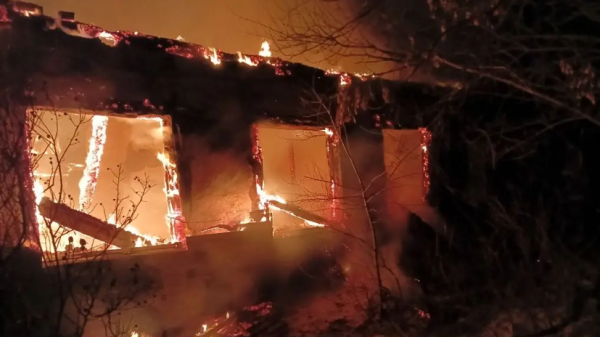







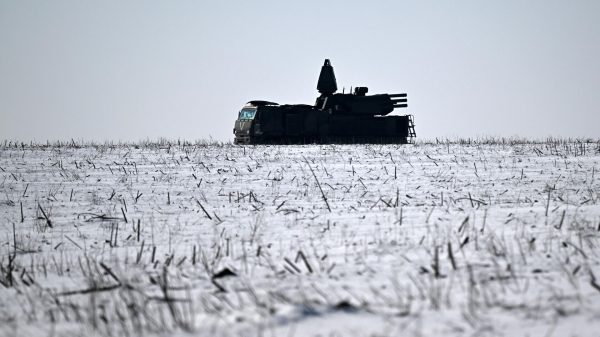
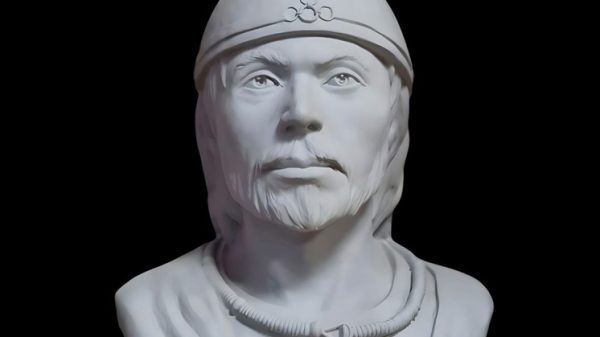
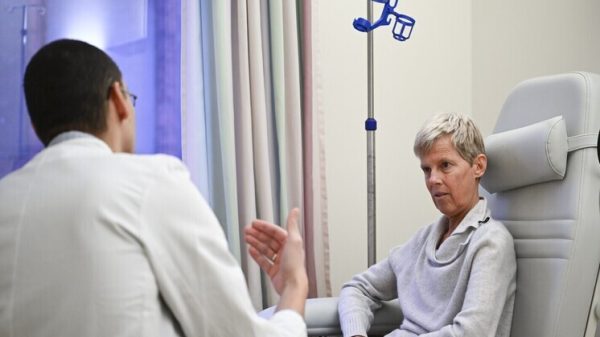















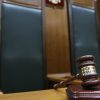

















Свежие комментарии